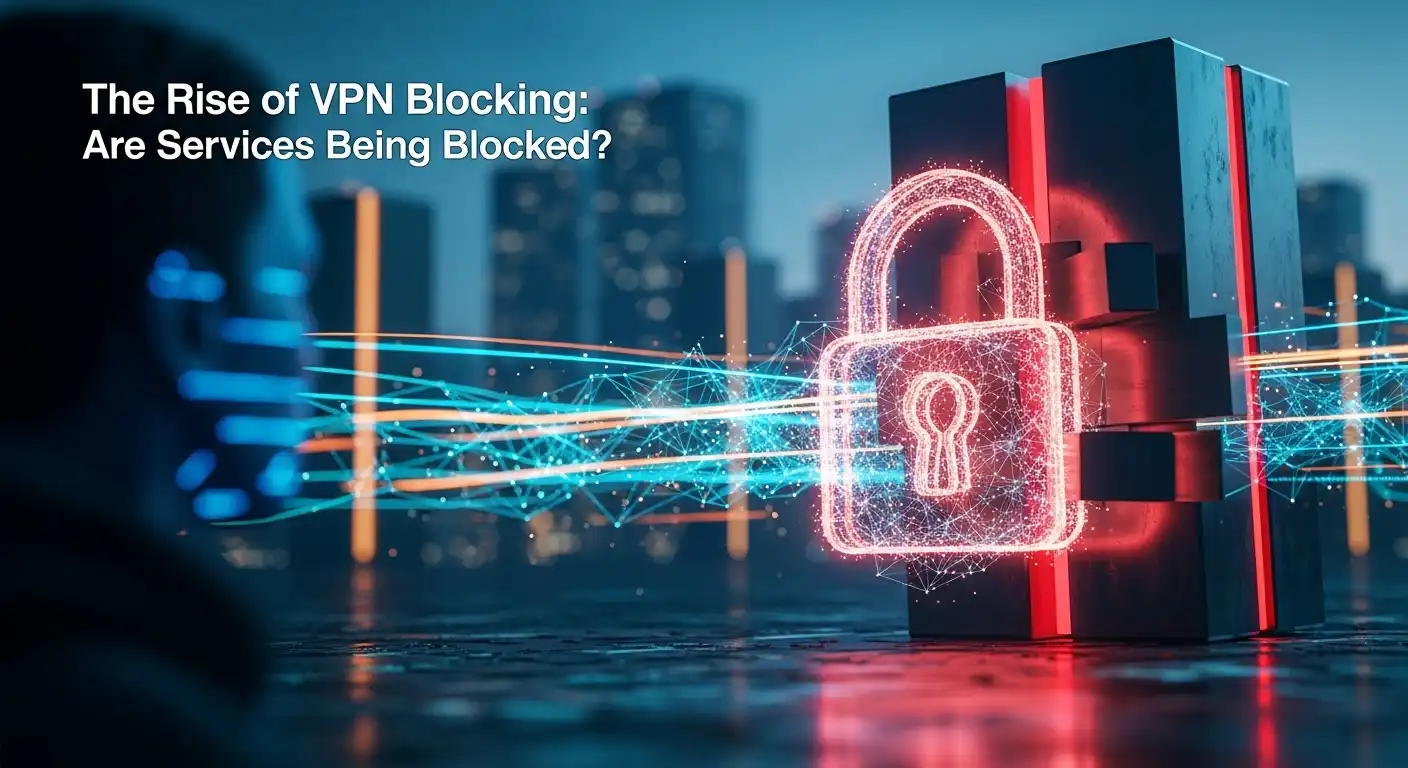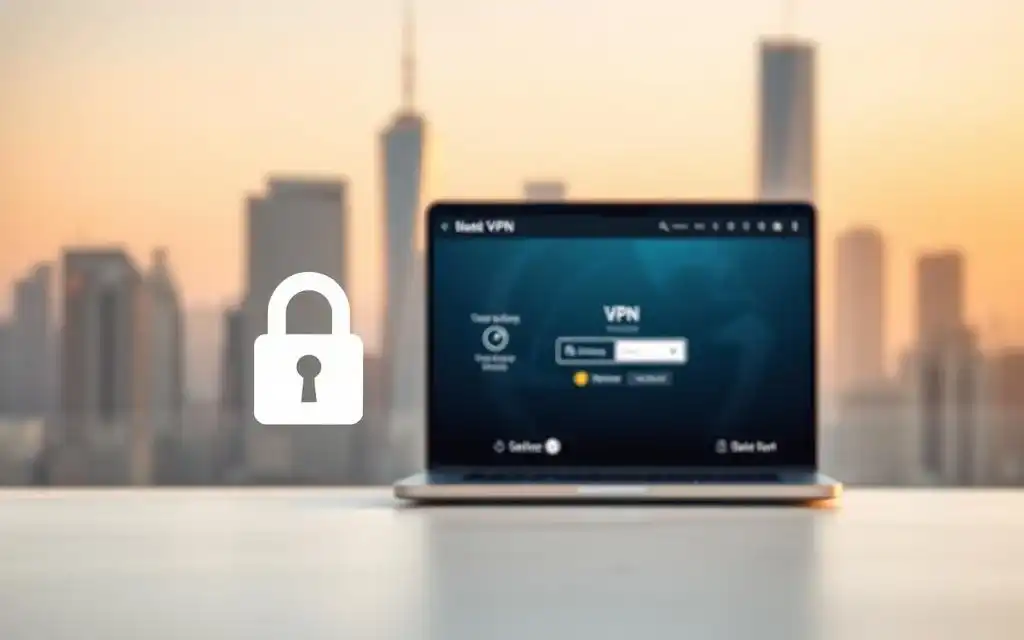In an era where digital privacy is both a prized commodity and a constant battleground, the tools we use to protect it are under increasing scrutiny. Virtual Private Networks (VPNs), once a niche technology for corporations and tech enthusiasts, have become a mainstream solution for securing online activities, bypassing censorship, and accessing global content. However, as their popularity has soared, so has the effort to neutralize them. This raises a critical question for internet users worldwide: are vpn services being blocked more often? The evidence points to a definitive yes, signaling a new chapter in the ongoing tug-of-war between digital freedom and control. Why the Sudden Surge in VPN Blocking? The increasing frequency of VPN blocks isn't a random phenomenon; it's a direct response to the technology's growing influence and adoption. At its core, this is a cat-and-mouse game driven by conflicting interests. On one side, users demand unrestricted, private access to the global internet. On the other, various entities—from governments to corporations—seek to control, monitor, or restrict that access for reasons ranging from political censorship to enforcing commercial agreements. As VPNs become more effective at circumventing these controls, the incentive to develop more sophisticated blocking mechanisms grows stronger. A primary driver behind this trend is the enforcement of geo-restrictions by streaming services and content distributors. Platforms like Netflix, Disney+, and BBC iPlayer are bound by complex licensing agreements that dictate which content can be shown in specific geographic regions. When a user in one country uses a VPN to access a content library intended for another, it violates these billion-dollar agreements. To avoid legal and financial penalties, these companies invest heavily in technology designed to detect and block traffic originating from known VPN servers. This commercial necessity has turned streaming giants into major players in the VPN blocking landscape. Beyond entertainment, a more authoritarian motive fuels VPN blocking: government censorship and surveillance. In many countries, governments view unrestricted internet access as a threat to their authority and social control. VPNs provide citizens with a gateway to unfiltered news, social media platforms, and communication channels that may be banned locally. To maintain their grip on information, these regimes compel Internet Service Providers (ISPs) to implement advanced blocking techniques, making it increasingly difficult for citizens to use VPNs to exercise their right to information and free expression. This form of blocking is often the most aggressive and technologically advanced. The Key Players: Who is Blocking VPNs? The effort to block VPNs is not a monolithic enterprise. It involves a diverse set of actors, each with unique motivations and methods. Understanding who these players are is crucial to grasping the full scope of the challenge facing VPN users and providers. From multinational corporations protecting their bottom line to governments asserting national control, the "blockers" represent powerful forces shaping the modern internet. #### Streaming Giants and Content Distributors Perhaps the most common encounter a casual user has with VPN blocking comes from streaming platforms. Giants like Netflix, Hulu, Amazon Prime Video, and BBC iPlayer are at the forefront of this battle. Their business model relies on geographically-based content licensing. For example, a movie studio might license Film A to Netflix for the US market but to a different service for the UK market. If UK users can simply use a VPN to watch Film A on US Netflix, it devalues the exclusive license the other service paid for. To combat this, these companies actively blacklist IP addresses associated with VPN services. They employ dedicated teams and sophisticated third-party services to identify and block entire ranges of IPs belonging to data centers used by VPN providers. This is why a VPN server that worked for accessing a specific streaming library one week might be blocked the next. It’s a constant, resource-intensive battle where streaming services must continuously update their blacklists as VPNs introduce new servers and IPs. Their goal isn't to invade privacy, but strictly to enforce contractual obligations. #### National Governments and ISPs The most severe and comprehensive VPN blocking is orchestrated at the state level. Countries like China, Russia, Iran, Turkey, and the UAE have national policies aimed at controlling the flow of information. For these governments, VPNs represent a loophole in their digital sovereign borders, often referred to as "Great Firewalls." They enable citizens to bypass censorship, access forbidden foreign media, and organize outside of state-monitored channels. These governments mandate that national ISPs deploy advanced network filtering technologies, including Deep Packet Inspection (DPI), to identify and disrupt VPN connections. In some cases, like in China, only government-approved VPNs (which offer no real privacy) are permitted, and all others are actively hunted and blocked. Russia has passed laws requiring VPN providers to connect to a state-run blacklist, effectively forcing them to become instruments of censorship or face being blocked entirely. This type of blocking is politically motivated and represents a direct assault on digital freedom. #### Corporations and Educational Institutions A less discussed but equally prevalent form of VPN blocking occurs on private networks. Many companies, universities, and schools block VPNs on their Wi-Fi and ethernet networks. Their motivations are typically twofold: security and policy enforcement. From a security perspective, an active VPN connection can bypass the network's firewalls and content filters, potentially introducing malware or creating a channel for unauthorized data exfiltration. IT departments block them to maintain a secure and observable network environment. The second reason is policy and productivity. A school might block VPNs to prevent students from accessing gaming sites or social media on the school's network. Similarly, a corporation might block them to ensure employees are not spending work hours on non-work-related streaming services, which also consume significant bandwidth. While less draconian than state-level censorship, this type of blocking is a common hurdle for users trying to maintain their privacy on public or semi-public Wi-Fi networks. The Technology Behind the Blockade: How Are VPNs Detected? The ability to block a VPN hinges on the ability to first detect it. As VPNs have evolved, so have the





